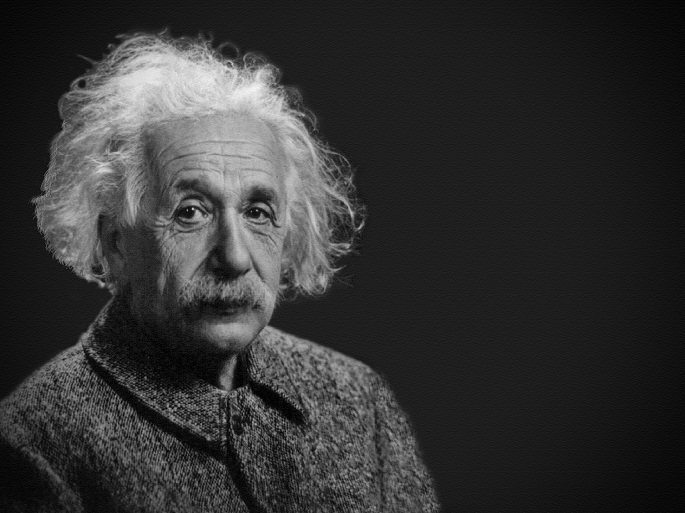A spinning binary radio pulsar proves Einstein's theory
Published : 31 Jan 2020, 01:40
An international team of astrophysicists witnessed how the the spinning of a celestial body twists space and time, further confirming Einstein's theory of General Relativity.
The findings published on Thursday in the journal Science are the result of two-decade effort of tracking the orbit of an exotic stellar pair, two stars rotating around each other at astonishing speeds.
A team led by Australian scientist Matthew Bailes observed a binary radio pulsar that consists of a neutron star and white dwarf, located 10,000 to 25,000 light-years away. They found that the dragging of space-time caused their orbit to tumble in space.
The white dwarf is the size of the Earth but 300,000 times its density; the neutron star, only 20 kilometers in diameter, is about 100 billion times the density of the Earth.
A pulsar in orbit around such a white dwarf presented a unique opportunity to explore Einstein's theory in a new ultra-relativistic regime. If Einstein's theory was right, all rotating bodies should drag the fabric of space time around with them, according to the researchers.
The frame-dragging of the entire orbit could explain their tilting orbit and the team provided compelling evidence in support that General Relativity is alive and well.


